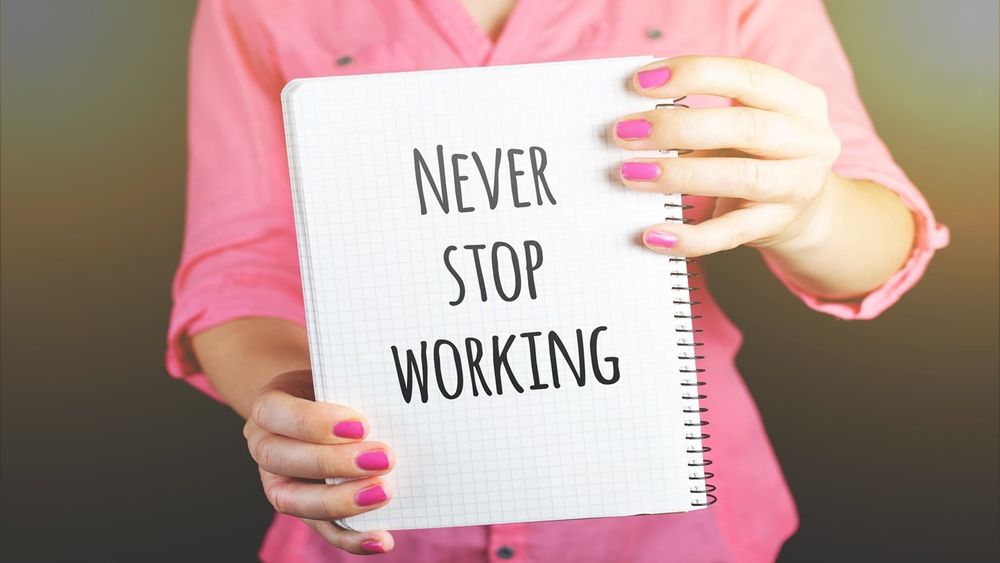Engrained Attitudes Reinforcing Stereotypical Behaviours
Embracing gender parity would enable more women to contribute to the growing new middle class in across African markets. Positioning more women in roles as directors involved in driving senior management decisions for economic growth and sustainability would also provide diversity for leadership teams who can cater to a broader array of stakeholder needs and concerns.
What can you do now as an individual or organisation to accelerate gender parity and close this inequality gap.
Firstly, we need to understand that gender inequality is down to unchanging and engrained attitudes that reinforce stereotypical behaviours, thought, social and cultural norms. These have a huge impact on our beliefs about how we should/should not behave.
Our collective beliefs (at a group, organisational, social or national level) are reinforcing the status quo and gender hierarchies. Unconscious biases are evident in the behaviours of both men and women, the danger is we carry these thoughts and behaviours into our positions as leaders making decisions that affect many women in the growing workforce.
If You are In Government Where Can You Help?
Political empowerment and economic participation are the two areas policy makers must endeavour to put resources, policies and processes in place immediately across all countries in Africa, as these drive a nation's ability to solve problems existing in health and education.
Current studies show that women often do not pursue roles identified as "traditionally male roles." On average men tend to be underrepresented in education, health and welfare, whereas, women on average tend to be underrepresented in the engineering, manufacturing and construction as well as information, communication and technology arenas.
This provides the opportunity to make a difference. Policies that encourage female participation in the labour market, especially at this time with increasing aging populations, to the educational systems that encourage more girls to pursue “non-female-oriented roles” are vital.
If You Are In Leadership In An Organisation How Can You Help?
The individual and collective's underlying decision-making processes must also be addresses, especially by women when they have the opportunity of occupying roles where their decisions will affect the progress and development of women in their organisations and communities. Additionally, women already in leadership roles must work towards encouraging more women to join the group:
- Encourage female mentoring to encourage and drive female talent and inspire those further down the ladder.
- Create inclusive environments.
- Provide training for all employees to encourage gender mix in all positions.
- Encourage women to pursue “male-oriented roles” such as engineering and manufacturing and in emerging technologies such as FinTech, Mobile Technologies, Blockchain, Artificial Intelligence and Machine Learning.
For more info about how AWIL and YAWIL can support your organisational development initiatives contact us using the form below.


